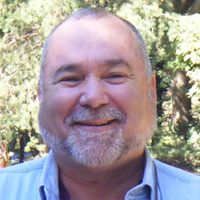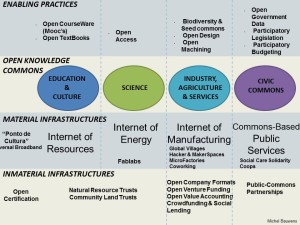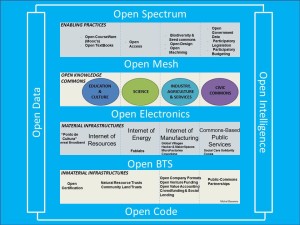
Sharing is Good: Building a Sharing Economy & Community
Beth Buczynski
By sharing what we already have (time, energy, money, goods, foods, skills) we can create communities of abundance. By changing our idea of what it means to be sustainable people, families, and businesses, and working together to achieve it instead of alone in our own silos of eco-guilt, we will rediscover our commonalities, our connections, our passions.
We are the change we’ve been waiting for. Movements like Occupy Wall Street and Idle No More show that we’re ready for a shift away from the false power of things and toward the galvanizing power of people. Sustainability, efficiency, and happiness will emerge as by-products, and our communities will become cleaner, happier places to live.
Sectional Headers Only:
Building a Sharing Economy
Sharing Bolsters the Local Economy
Sharing Encourages Community Involvements
Sharing Encouraged Self-Sufficient Behavior and Accountability
Sharing Encourages Innovation and Entrepreneurship
Sharing Grants Access to Under-Served Populations
Sharing Reduces Waste
Sharing Enhances Relationships and Increases Knoweldge
Sharing Protects the Environment








